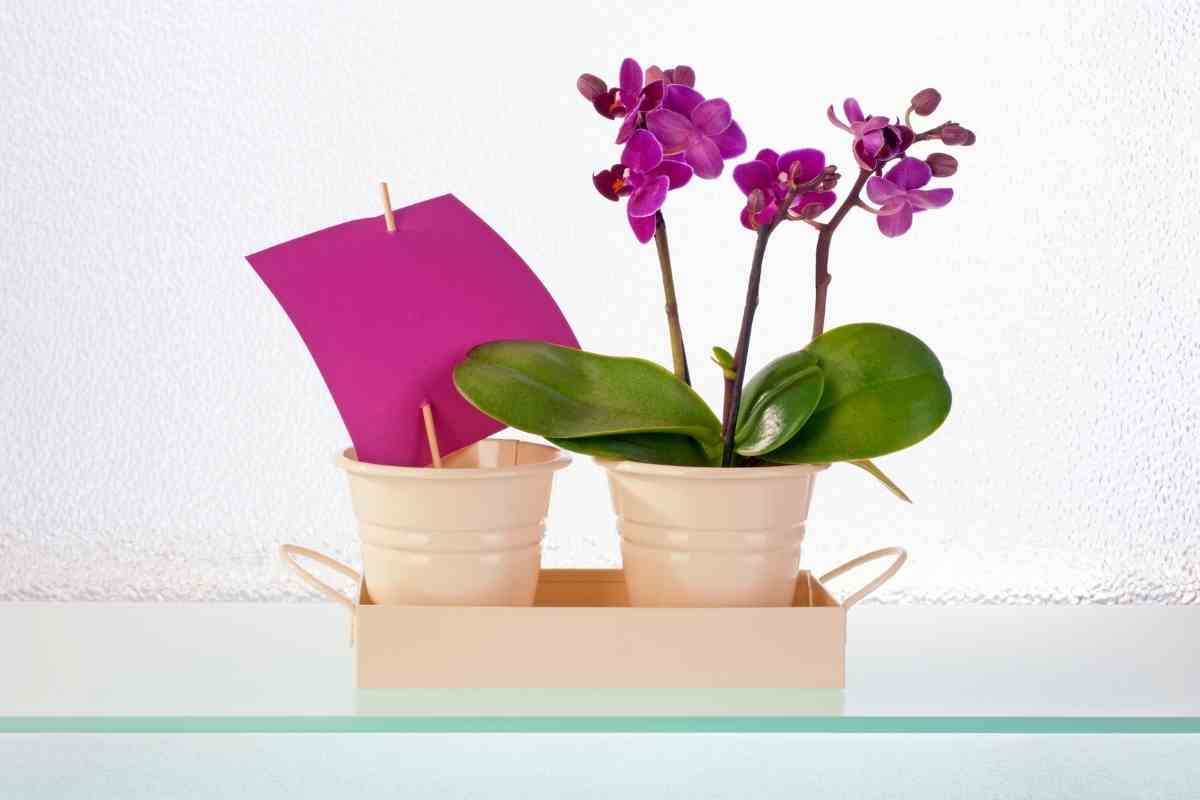Do you know that there are more than 25,000 orchid species worldwide?
This makes orchids the largest family of blossoming plants.
It also means that there are more orchids than mammals and birds combined!
Because of the plant’s ubiquity, it has varying symbolism across different parts of the world.
Regardless, all agree that it’s eye-catching and always leaves the recipient happier than they were.
The Etymology of the Name
Paleontologists believe that orchids existed before the Continental Drift, more than 200 million years ago.
This explains why the flowers grow on every continent except Antarctica.
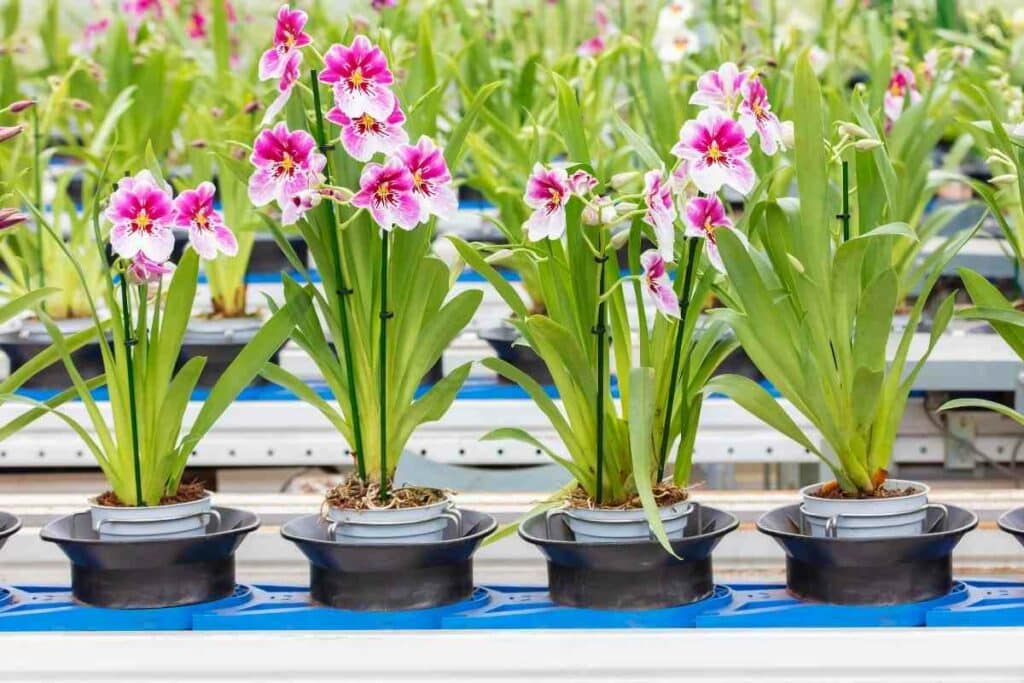
The name ‘orchid’ is a derivative of the Greek word ‘orchis’ (meaning testicles in English), coined by Theophrastus, a renowned botanist.
Theophrastus gave the name because he thought the plant’s flowers and tubers resembled male gonads.
The Symbolism of Orchids in Ancient History
In ancient Greece, orchids symbolized male virility.
Greek women who wanted to give birth to boys would provide orchids for their male partners.
The Chinese primarily used orchids as medicine for people with respiratory complications.
They believed that the plant improved lung functionality and could provide relief to individuals with persistent coughs.
The famous Chinese philosopher, Confucius, compared honest and righteous people to orchids.
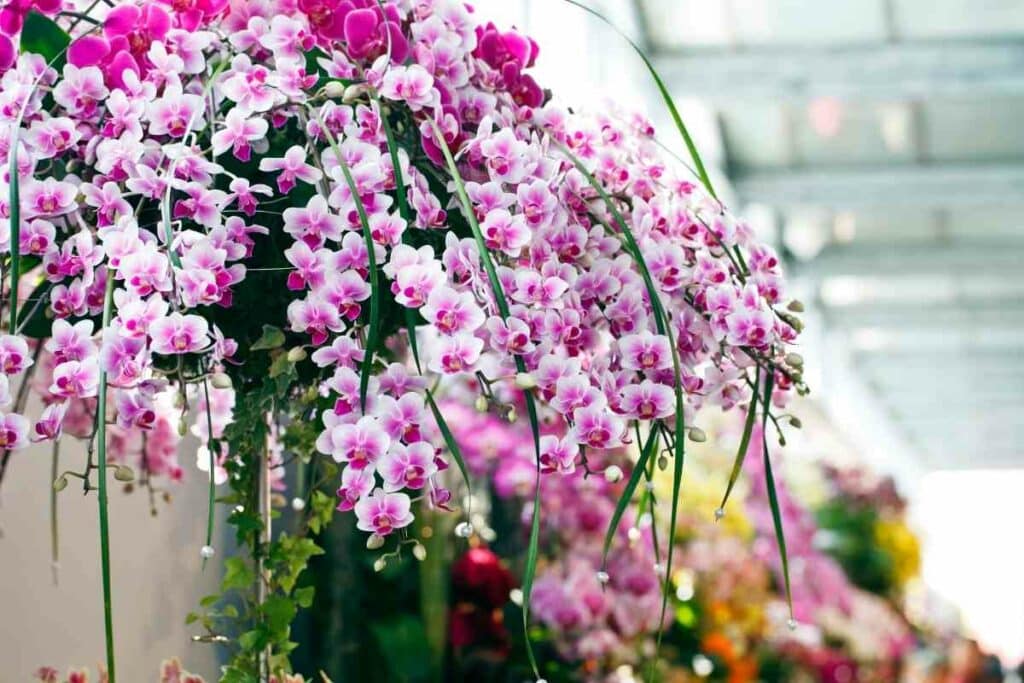
Some Chinese people used orchids to signify love, fertility, and unity and gifted them to married couples.
During the Victorian age, orchids existed in the tropics. The rarity of these flowers made them a symbol of luxury and exquisite taste.
When gifting others, the more rare the species, the deeper your affection was to the recipient.
In the Philippines – Orchids are forest protectors. Indonesians believe that Ludisia, also called Jewel orchids, comprises parts of fairy cloaks.
Meanwhile, Christians saw the spots on orchid blooms as the blood of Jesus Christ.
This explains why some Easter and Christmas floral bouquets.
Lastly, the Aztecs from Mexico saw orchids as a sign of strength.
They consumed concoctions made using vanilla orchids to boost their strength.
Cultural Significance of Orchids In the Modern World
As mentioned earlier, the symbolism of orchids is as diverse as people’s cultures.
Many cities and countries have high regard for this blossoming plant.
Cattleya mossiae, an orchid species, is Colombia’s national flower.
Similarly, Guarianthe skinneri and Rhyncholaelia digbyana are the national flowers of Costa Rica and Honduras, respectively.
Other countries that revere these beautiful flowers include:
- Belize
- Brazil
- Guatemala
- Panama
- Singapore
- and Venezuela
The Symbolism of Orchid Colors
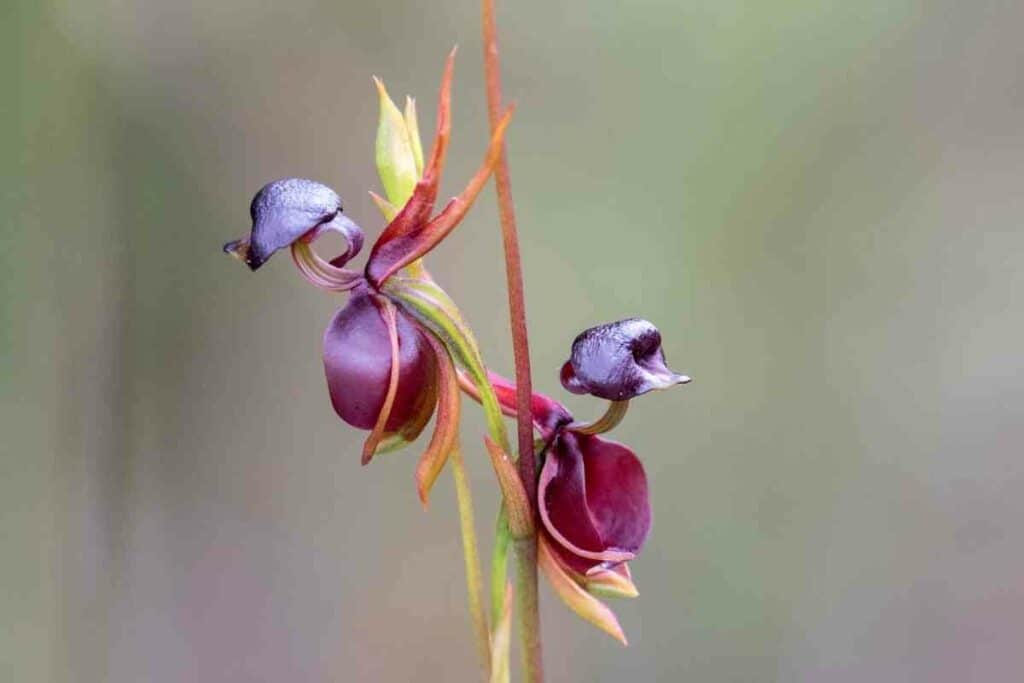
Here’s the symbolism of different orchid colors.
Black Orchids
A few orchid species have dark blooms that appear almost black.
This is often a result of too much pigmentation in red and purple orchids.
Sometimes, florists apply black dye to orchids to make them dark.
Black orchids are the best gift to people who don’t conform to social norms; contrarians, born rebels, independent persons, and trendsetters.
They’re also precious to people who like using black to contrast and accentuate white color palettes in their interior decor.
Blue Orchids
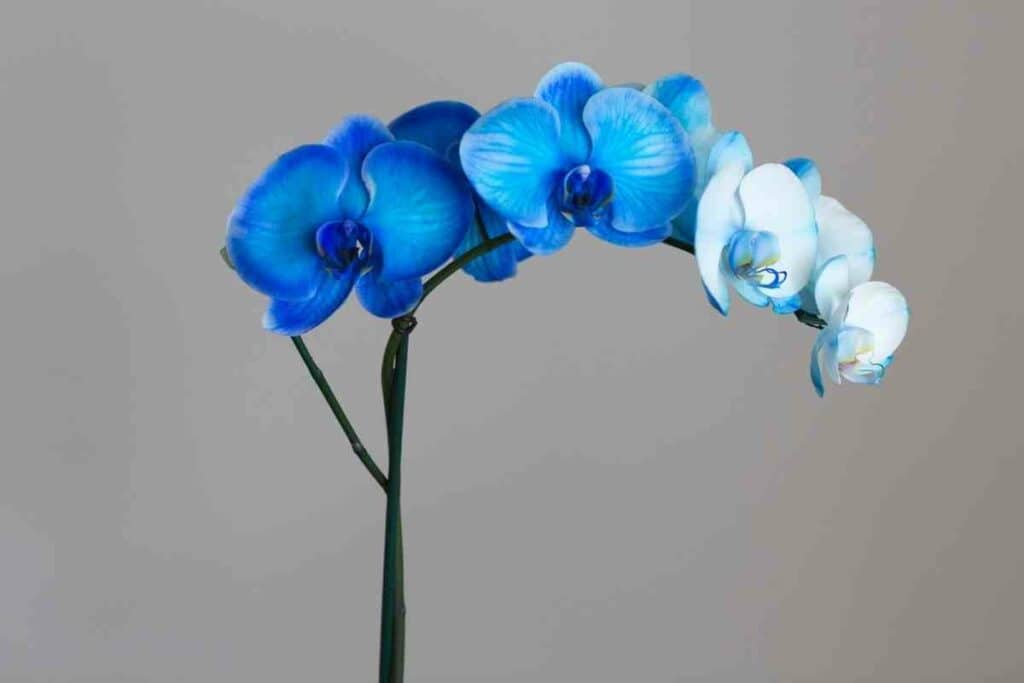
Because of their rarity, many people give blue orchids to special people in their lives.
Natural blue orchids aren’t easy to find, so whoever you give them to will be grateful for your effort.
That said, artificial blue orchids can also get a warm reception. Besides signifying uniqueness, blue orchids also symbolize spirituality.
Red Orchids
Red is a universal sign of passion and love. Like red roses, red orchids are used to express affection and fondness between lovers.
You can use orchids alone or pair them with roses.
Moreover, Aztecs drank concoctions made using chocolate and red orchids to boost power and strength.
These plants also symbolize courage, desire, and resilience.
Green Orchids
If a friend or relative is in a challenging situation, such as sickness, it helps to send them green orchids.
Some of the things associated with green orchids include good health, happiness, and longevity.
The Japanese believe that green orchids bring good fortune to your life, including your career, relationships, and finances.
Orange Orchids
Adding orange orchids to your bouquet in any celebration creates a positive and inspiring atmosphere.
Orange signifies boldness, excitement, pride, and success.
Besides, orange orchids are a heartwarming gift if you want good health and overall wellness.
Pink Orchids
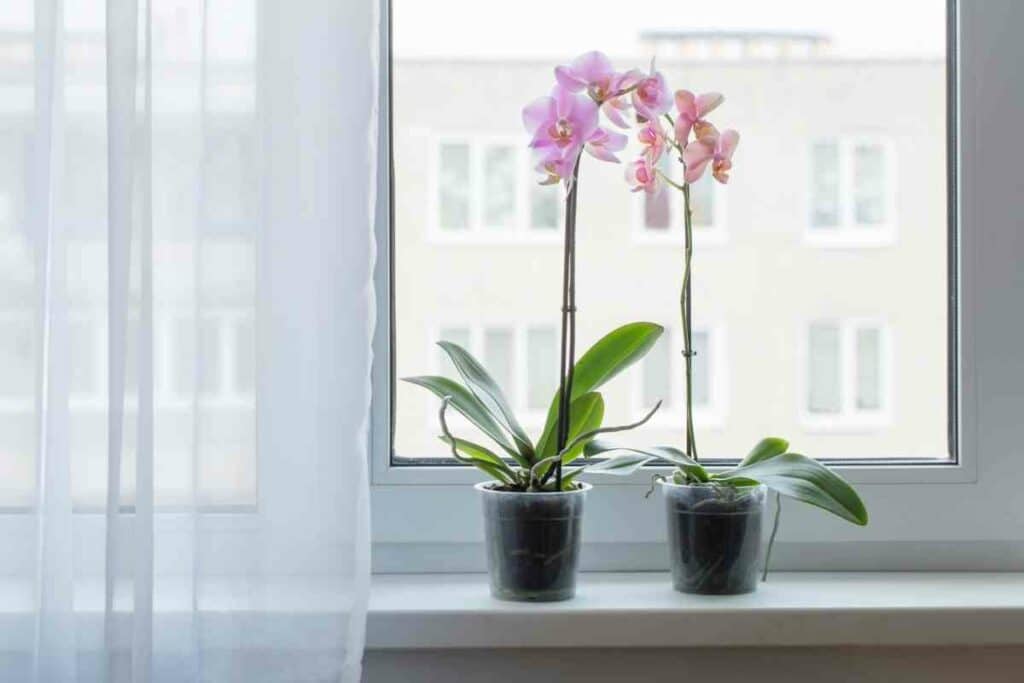
Pink Cattleyas are the perfect gift for newlyweds and wedding anniversaries.
Pink orchids signify gentleness, happiness, unity, and fertility.
You can also present pink blooms to expectant mothers to help them celebrate their conception.
Purple Orchids
Purple was a favorite of many ancient monarchies and wealthy individuals.
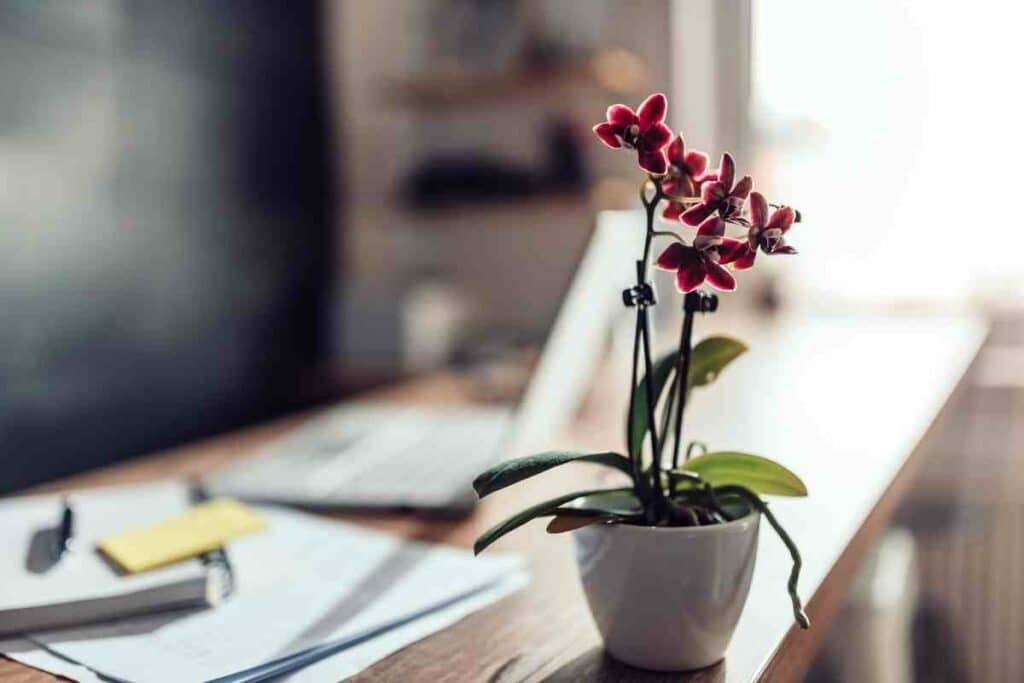
In the Victorian era, purple orchids were a must-have among the upper class.
Nowadays – Gifting purple blooms shows that you admire and respect the recipient.
White Orchids
Purity and tranquility are the first things that come to mind when you see white flowers.
White orchids, especially Phalaenopsis, are a great addition to your home décor and floral wedding bouquets because of their attractiveness and elegance.
You can also add them to your place of worship to evoke a sense of spirituality.
Yellow Orchids
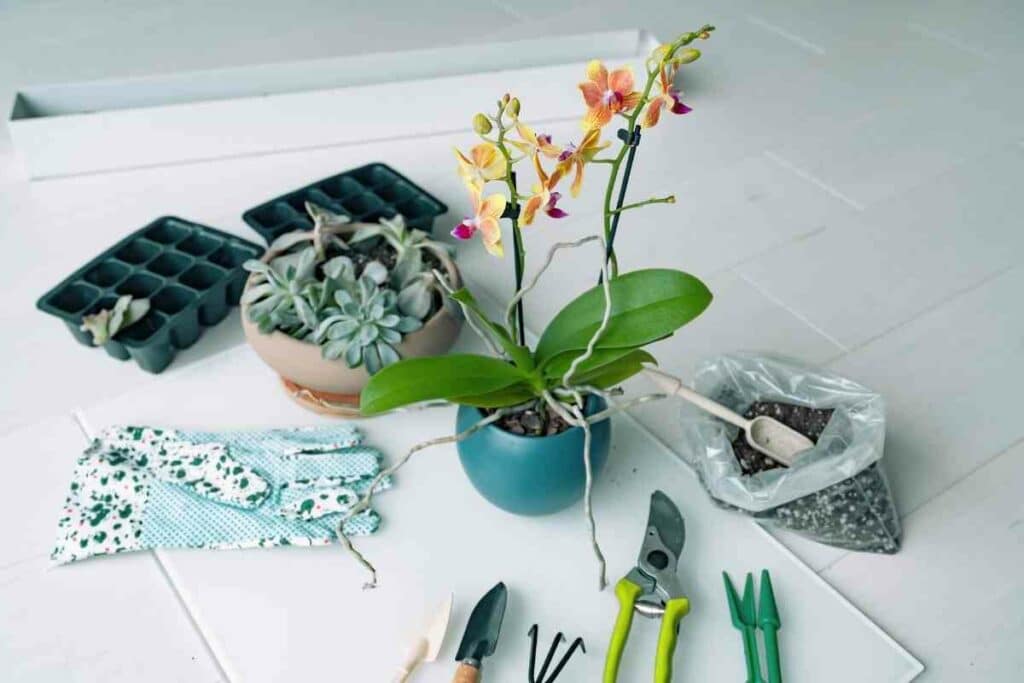
Yellow signifies friendship, joy, and new beginnings.
That’s why there are popular birthday gifts.
You can also send them to a friend who’s beginning a new chapter in their life, such as moving to a new country or starting a new job.
Orchids as a Present
Orchids are an excellent gift idea for multiple occasions since they always elevate the recipients’ moods with their stunning appearance and pleasant scents.
Where And When Can You Use Orchids As A Gift?
Birthdays
Are you confused about what to give your friend on their birthday?
Well, you should try yellow orchids that symbolize friendship.
The most prevalent yellow orchid is the Oncidium orchid, also called the Dancing Ladies Orchid.
Other species that produce yellow flowers include:
- Cattleyas
- Cymbidiums
- Dendrobiums
- and Phalaenopsis
Funerals
There’s no better way to bid farewell to the deceased than bringing purple orchids to their funeral.
As mentioned earlier, purple signifies respect.
Get-Well-Soon Gift
One of the best things you can do to a bedridden friend is giving them flowers during your visits.
Green Cymbidium orchids and white Phalaenopsis orchids are popular choices because they symbolize good health.
Miltonia orchids are also a great alternative if you want flowers with a pleasant, rejuvenating scent.

Housewarming Parties
You won’t look out of touch by using orchids to thank your buddy for inviting you to their new home.
These flowers are available in many colors and species, so you can choose one that suits your pal’s taste.
For instance, if your friends don’t have a green thumb or much time to tend to flowers, you can get them a Dendrobium.
Unlike most orchid species, these hardy flowers can withstand low moisture and temperatures.
Mother’s Day
Most moms are caring and loving.
This Mother’s Day, celebrate your mother by gifting them with attractive flowers.
Unlike other blossoming plants, orchids display blooms for weeks and months and last several years if maintained correctly.
Deep purple and pink orchids work well with moms because they signify admiration, elegance, and respect.
Purple Vandas and the deep pink Spotted Leonard Prince Orchid are ideal for loving mothers.
Weddings and Anniversaries
Choosing a gift for newlyweds can be stressful, especially if the couple are close friends.
If you want something atypical, inexpensive, and shows that you care, consider getting them a potted moth orchid.
It’s easy to care for and produces beautiful white blooms.
If you’re lucky enough to sustain a marriage for many years, orchids are a lovely gift to your partner.
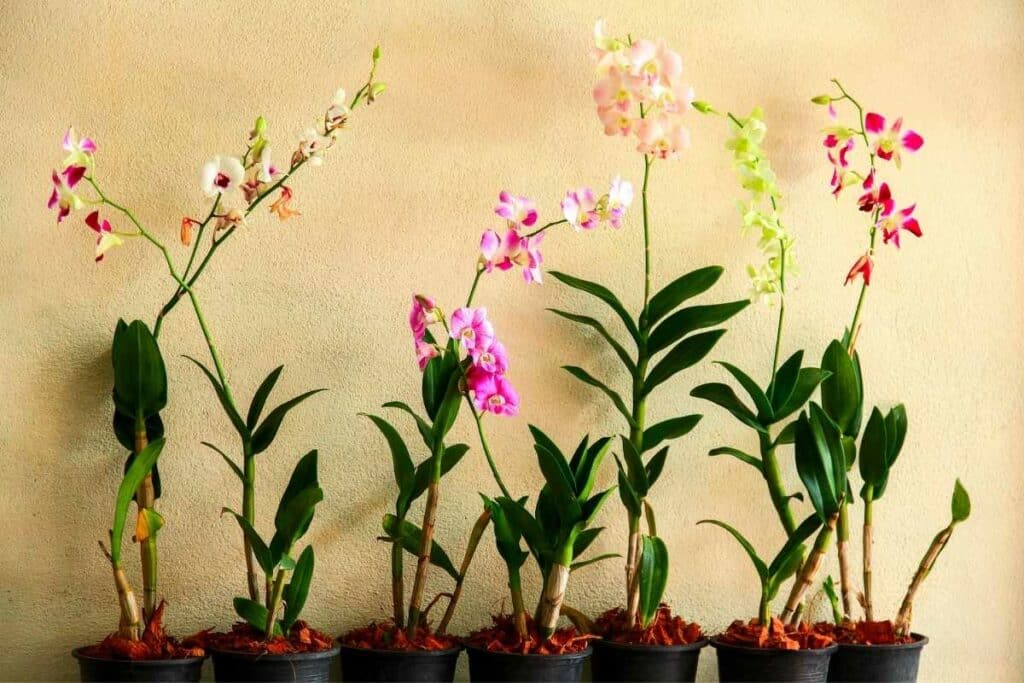
Many couples worldwide use pink Cattleya orchids to mark their 14th and 25th wedding anniversaries, as the flowers represent unconditional affection.
Significance of Orchids in Tattooing
The person doing a tattoo understands it best.
That said, an orchid tattoo often represents the embracement of one’s sexuality.
It also shows that an individual recognizes what differentiates them from others.
What are Other Uses of Orchids?
Besides their aesthetics, orchids have several other uses.
For instance:
- They’re the natural source of the vanilla flavor.
- The Chinese use the plant to treat various conditions, from poor vision to malignant tumors.
- Turkish people used orchids to make a beverage known as salep.
- The drink was used to treat gum disease and gastrointestinal disorders.
- Finally, orchids help make perfumes. The pleasant scent aids in sleep, purifies the air, and relieves stress.
Why You Need to Conserve Orchids
Although it’s easy to find cultivated orchids at your florist, many wild orchids are endangered species.

In North America, more than 100 species are on the brink of extinction.
Most orchids require specific fungi to grow. This means that they need a healthy natural ecosystem to thrive and reproduce.
Like other living things, human influence on the environment affects orchids.
For instance, forest encroachment threatens to wipe out orchids that grow in tropical rainforests.
Wrapping Up
Orchids are the perfect medium for conveying affection, friendship, and love to yourself and others.
Besides, these beautiful flowers are used as aphrodisiacs, medicines, fragrances, and strength boosters in different parts of the world.
However, extinction is a real threat to several orchid species.
The best thing you can do to ensure future generations enjoy the benefits of these plants is to conserve the environment.
Avoid encroaching on their natural habitats and other practices contributing to climate change.
In Case You Missed It
- Philodendron Care, Varieties, And Aesthetic Home Arrangements
- Best House Plants for Low Light – Thriving Indoors with Minimal Sunlight
- 15 Air-Purifying Houseplants That Release The Most Oxygen
- Purple Houseplants: Your Guide to Dramatic Indoor Beauty
- Philodendron Moonlight Vs. Golden Goddess
- How to Revive Your Rubber Plant: 6 Tips to Help Your Rubber Tree Thrive Again
